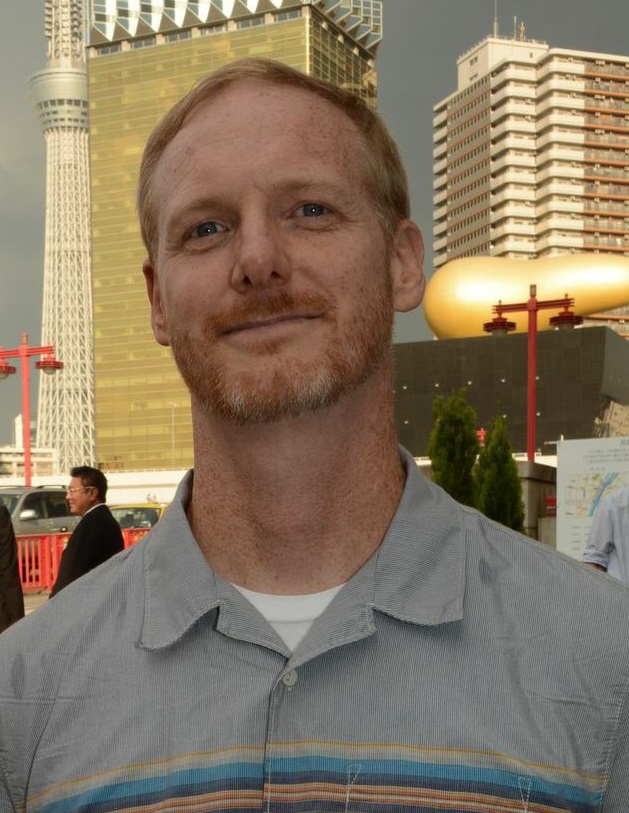Bio
Matthew Marr is an associate professor of sociology for the Department of Global and Sociocultural Studies and the Asian Studies Program in the Green School of International and Public Affairs at Florida International University. Focusing on American and Japanese cities, Marr’s research explores how overcoming homelessness is shaped by contexts operating at multiple levels of social analysis, from the global to the individual. He is particularly interested in the role of social ties in this process, and how ties are affected by organizational, neighborhood and policy contexts. In addition to his book Better Must Come: Exiting Homelessness in Two Global Cities published by Cornell University Press, Marr has published articles in the International Journal of Urban and Regional Research, Journal of Urban Affairs, Cities, Urban Geography, and Housing Policy Debate. He is currently conducting a comparative ethnographic study of “service hub”/ “service ghetto” neighborhoods of Miami (Overtown), Los Angeles (Skid Row), Tokyo (San’ya), and Osaka (Kamagasaki) tentatively titled “Recovery Zone? Human Security at the Margins of Four Global Cities.”

